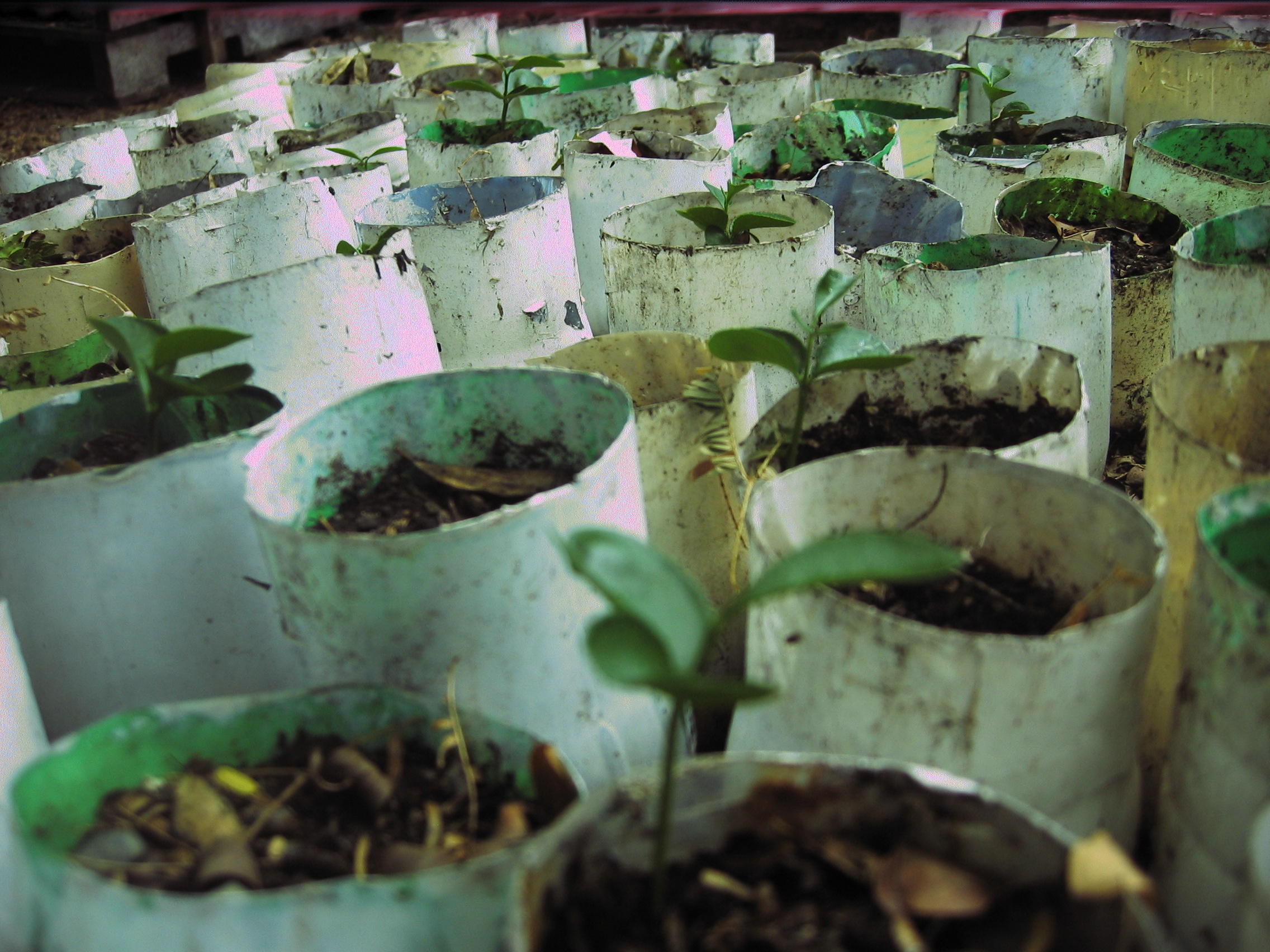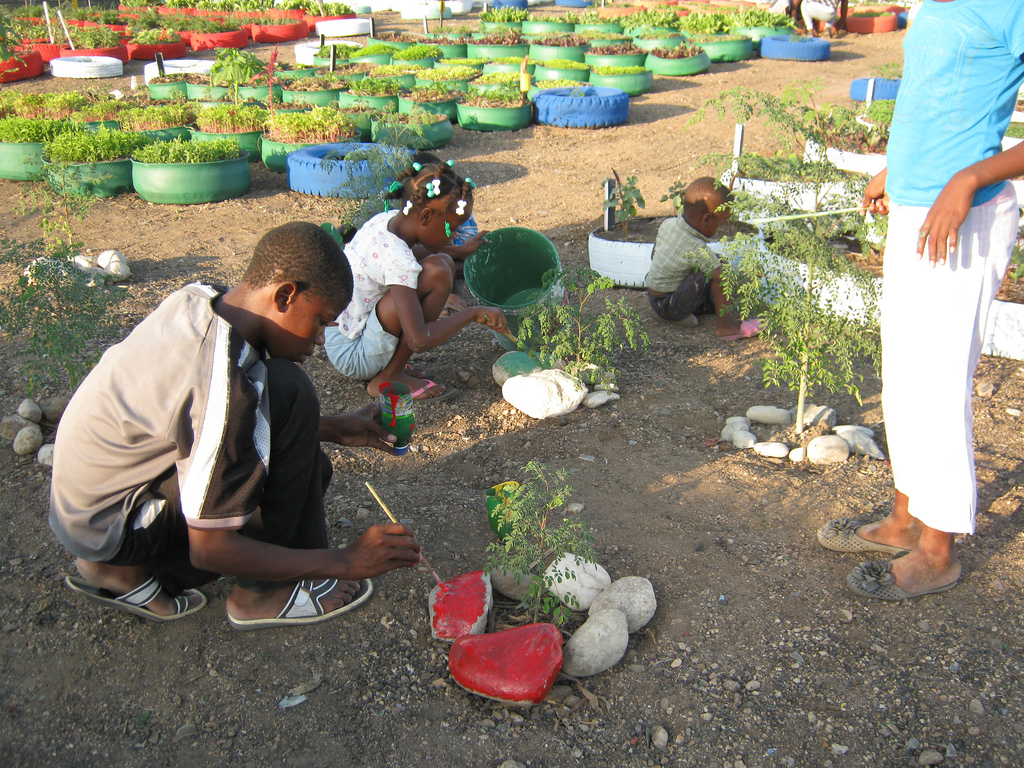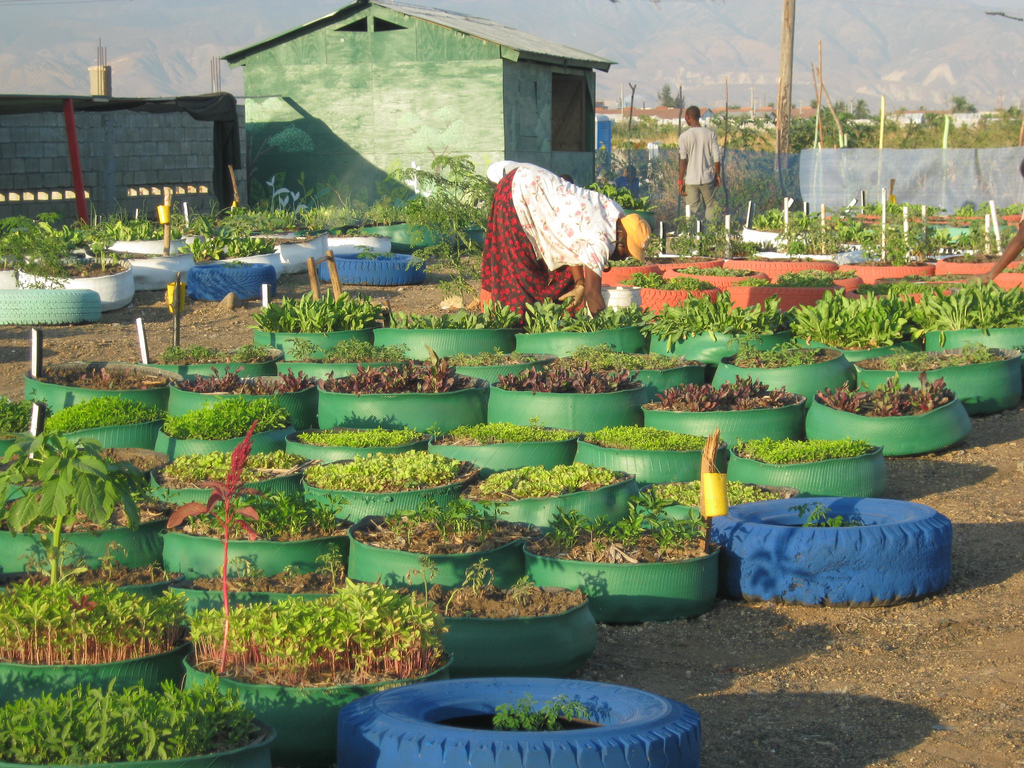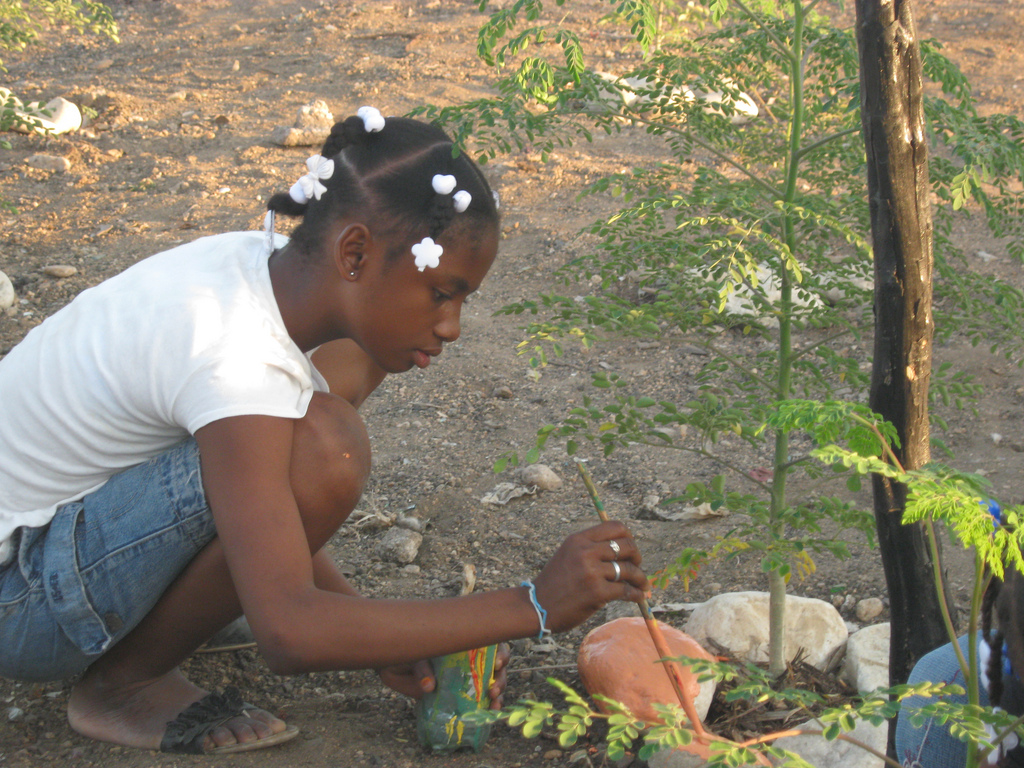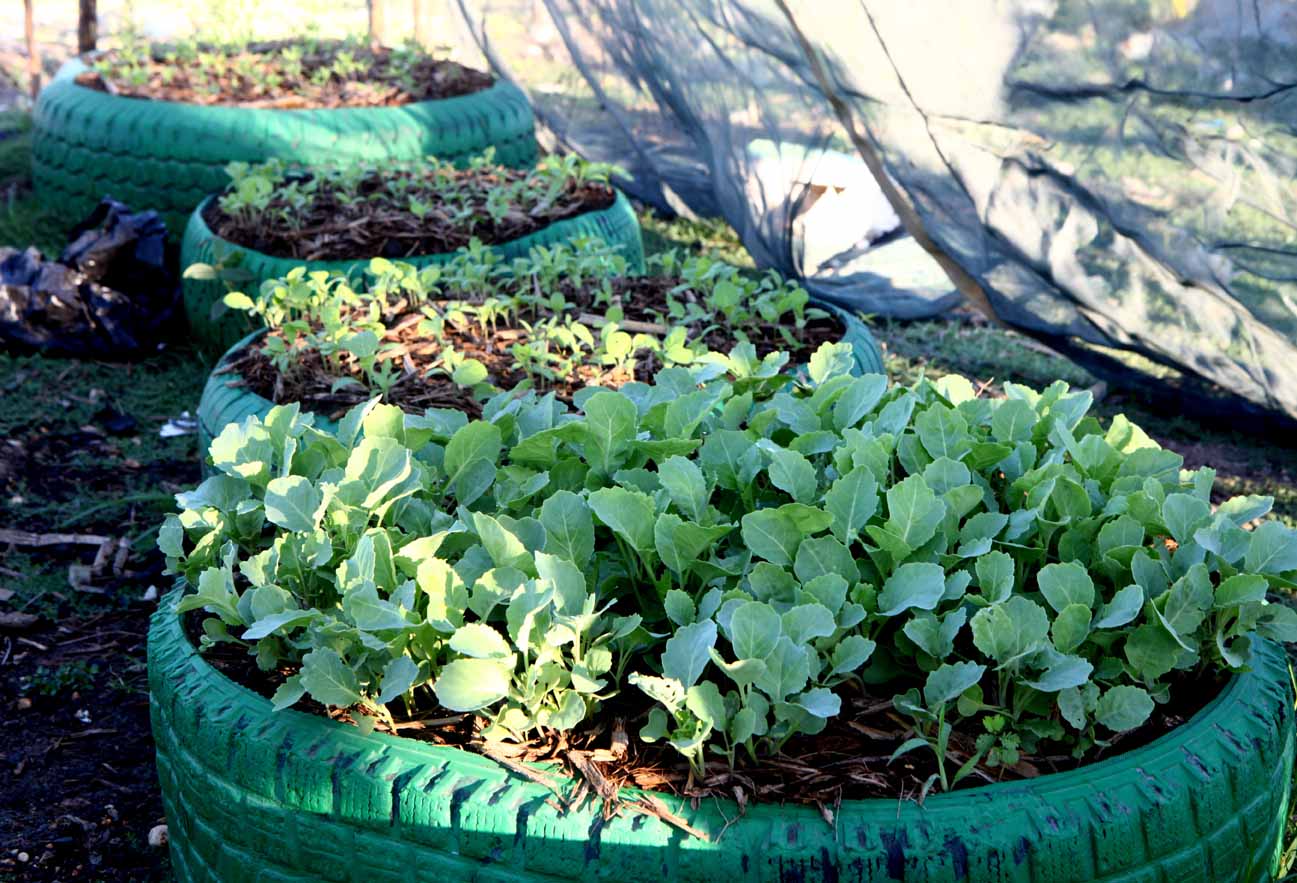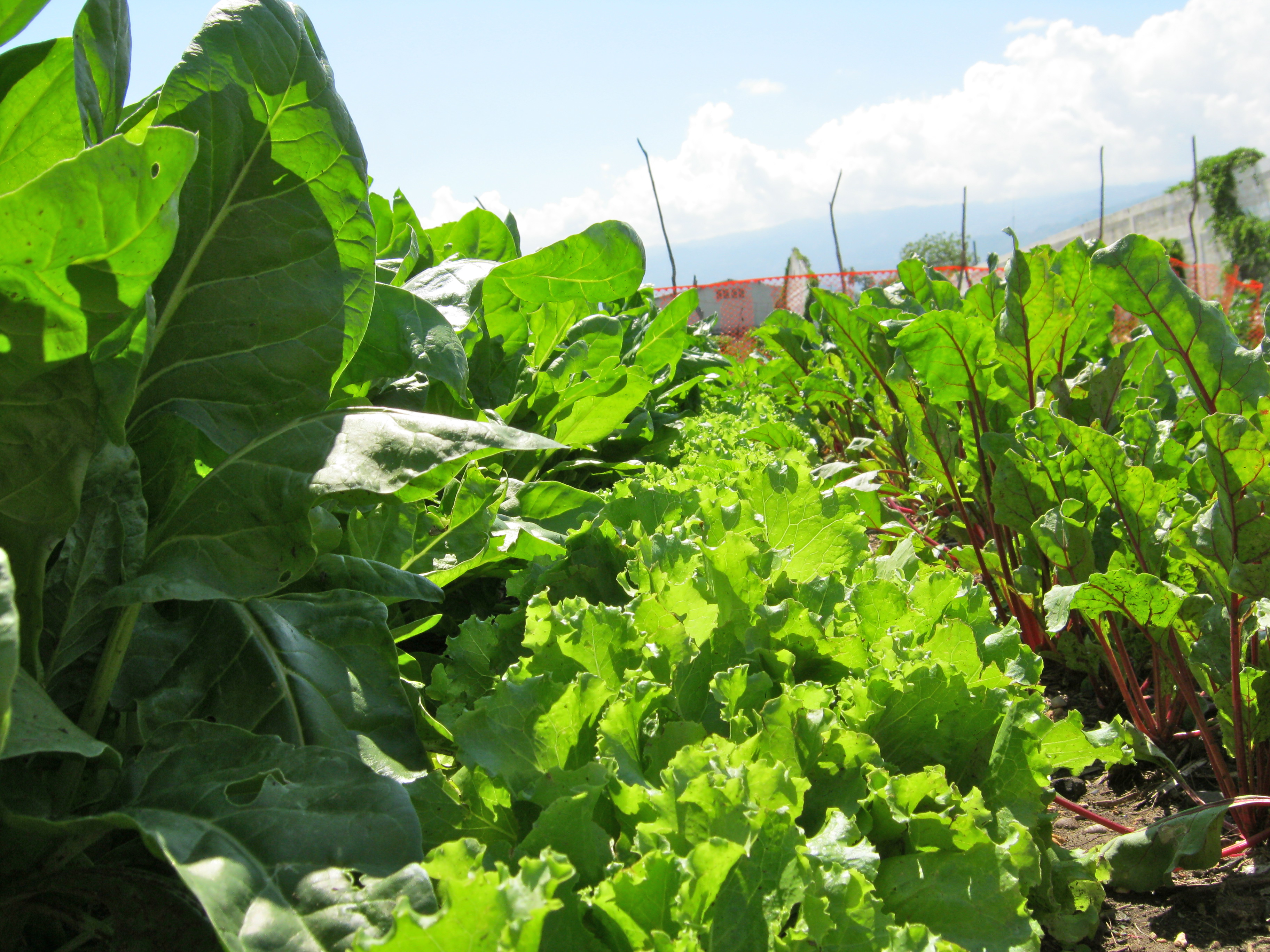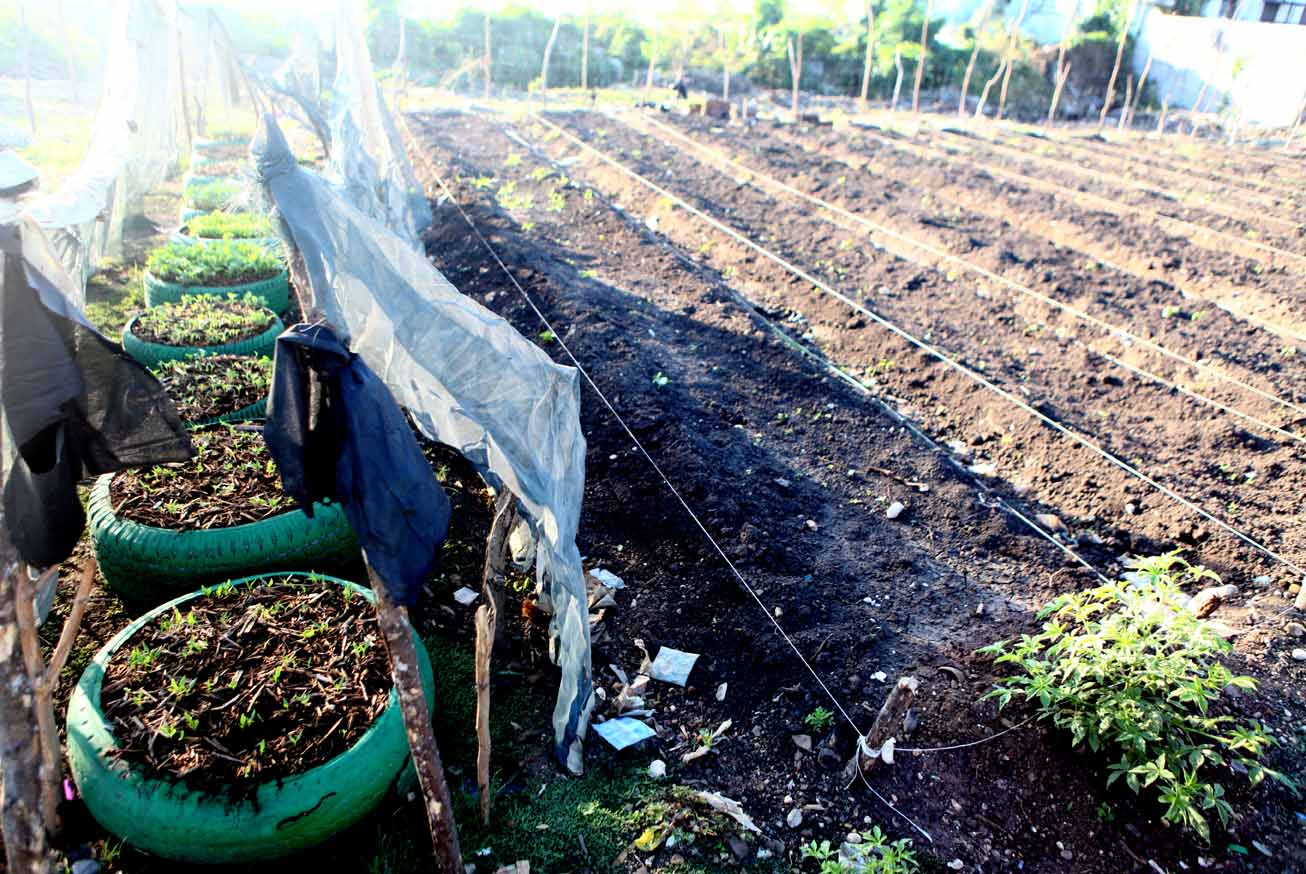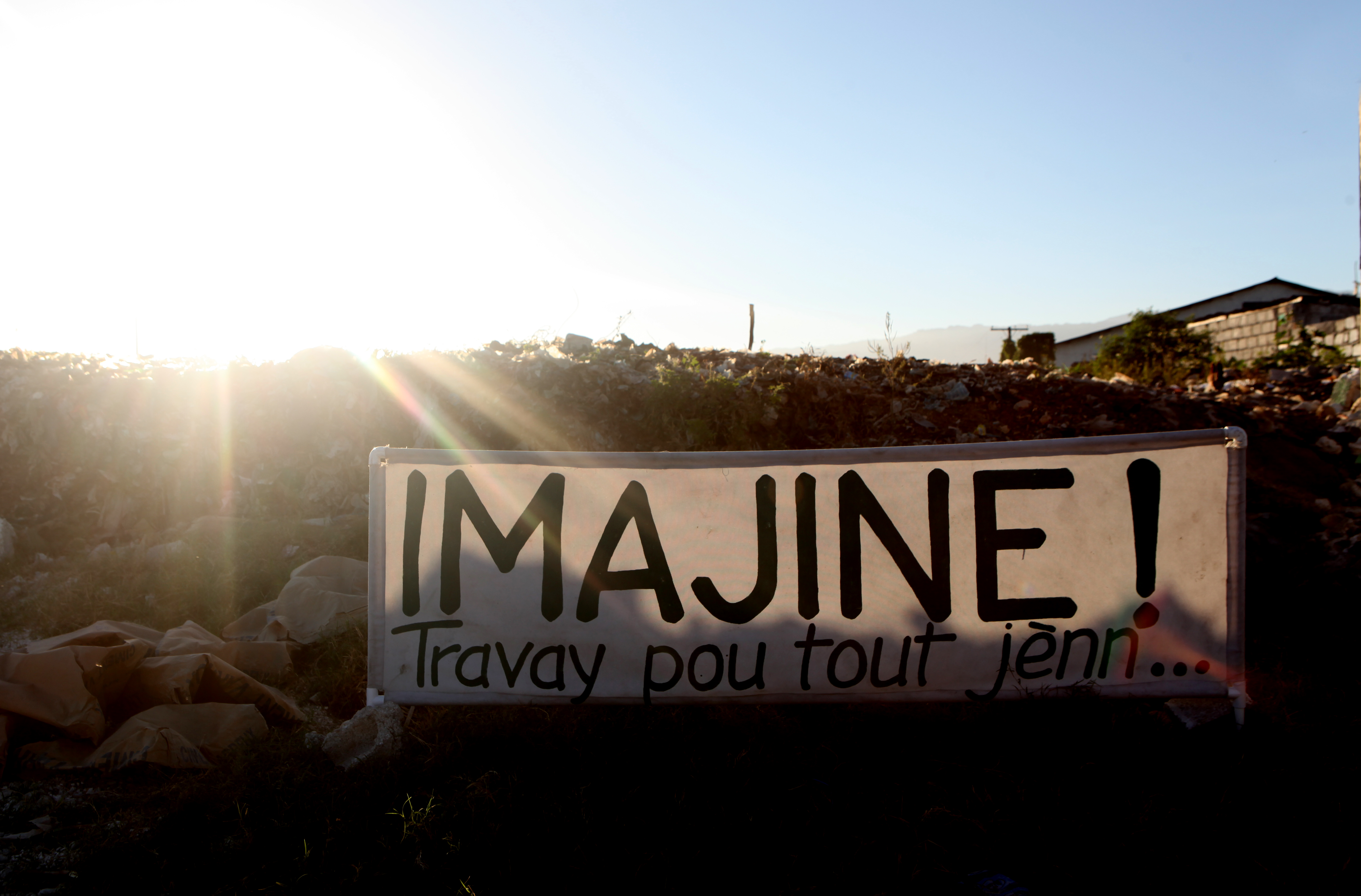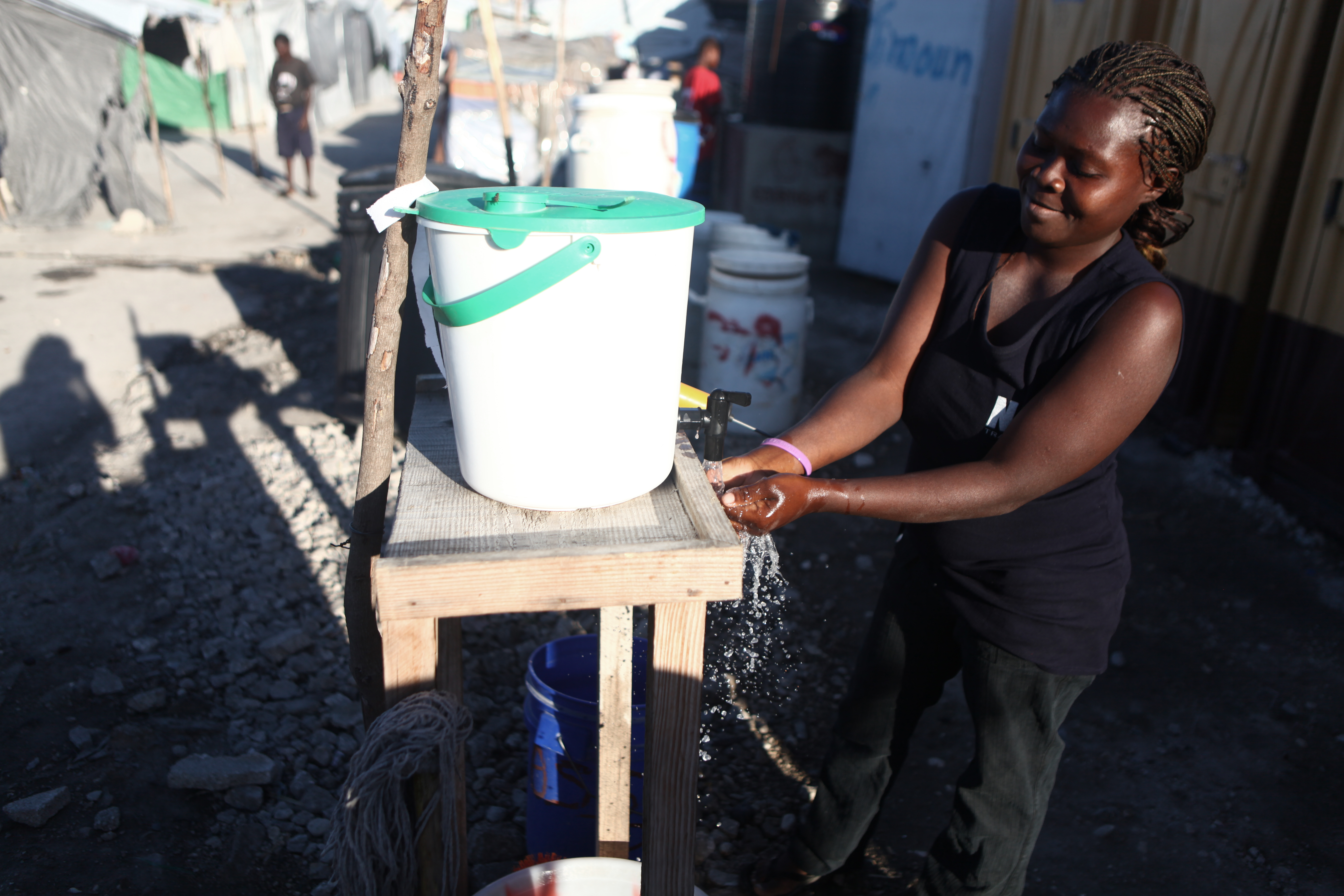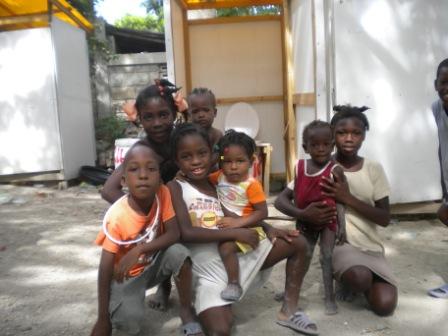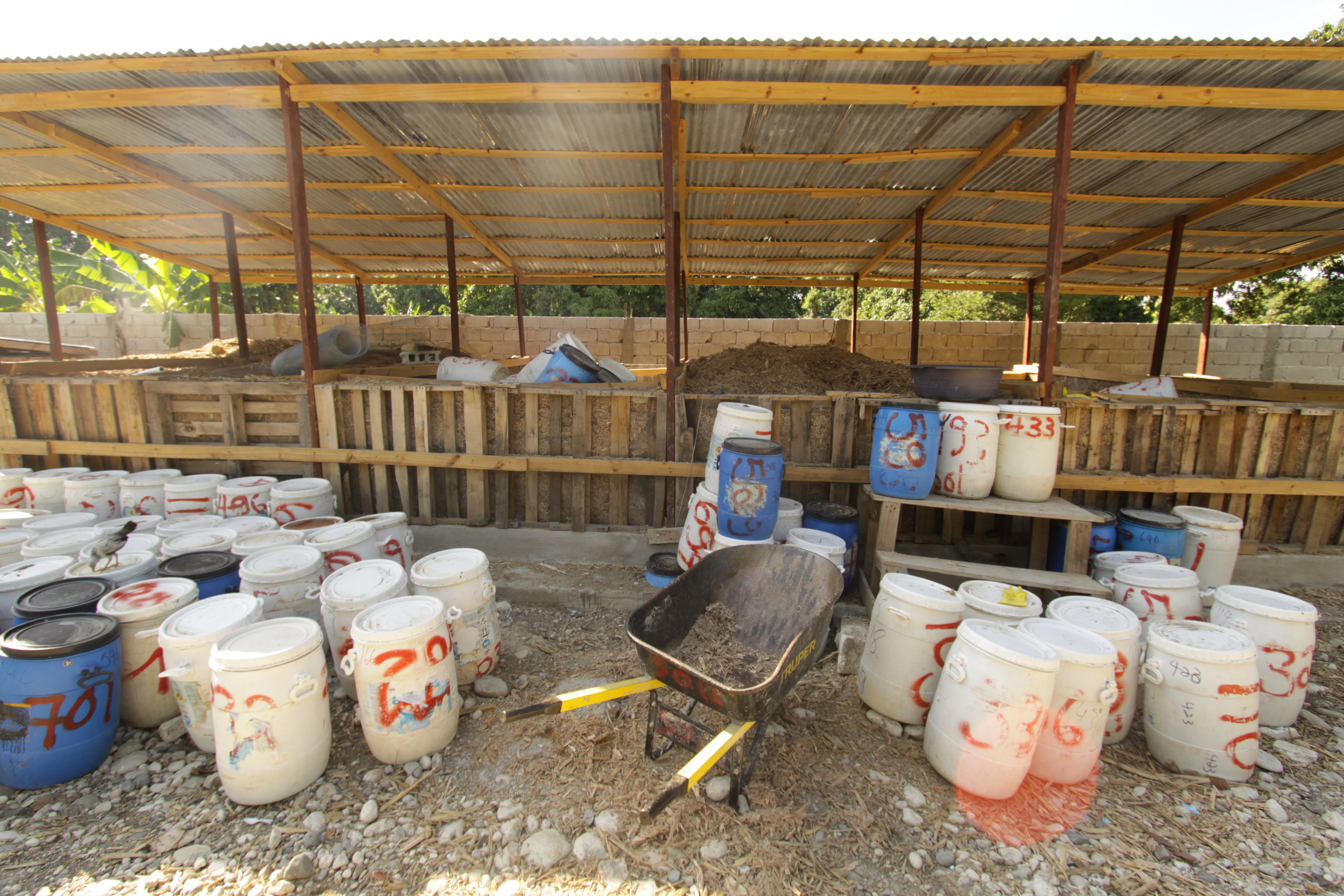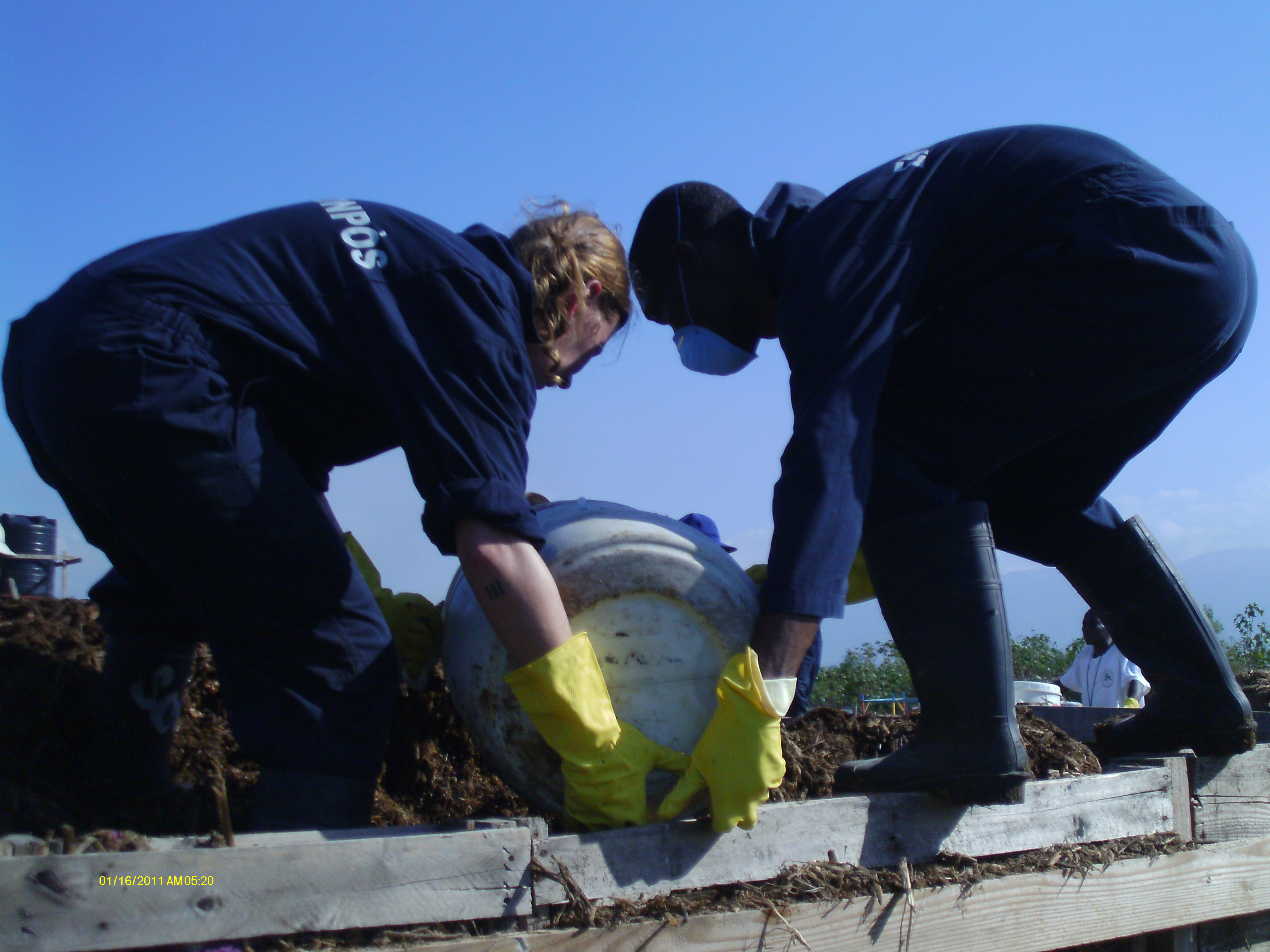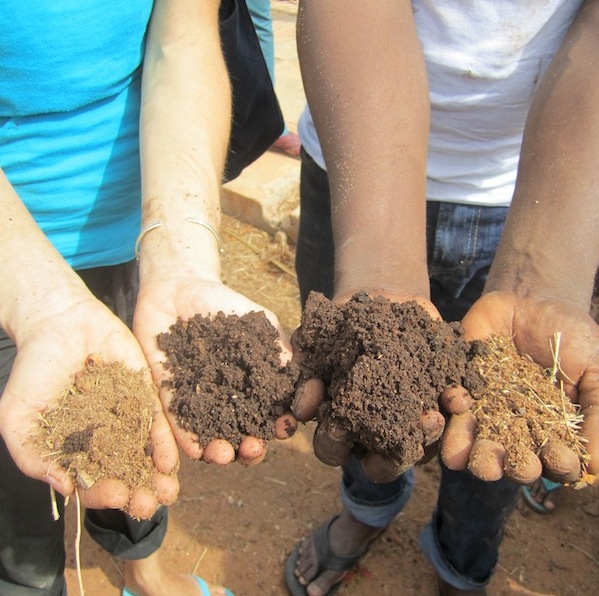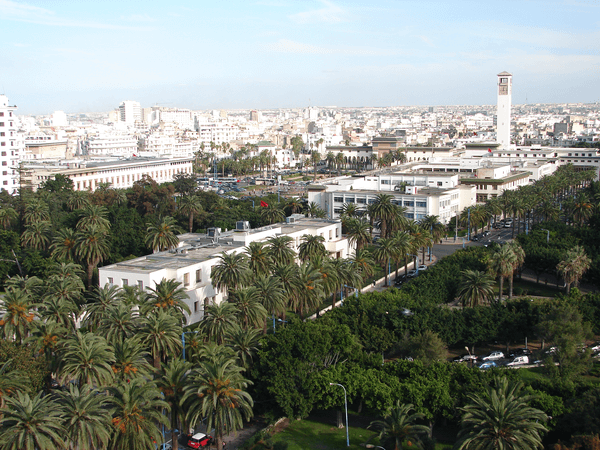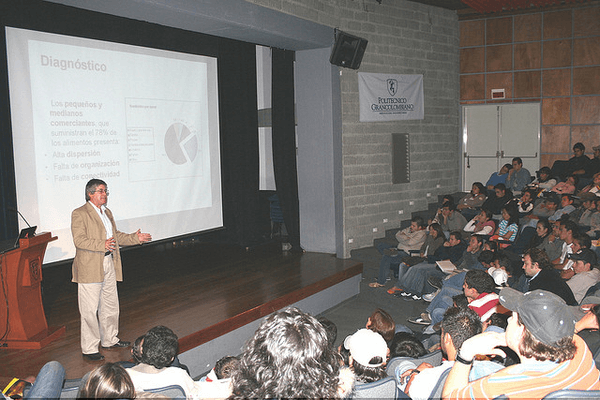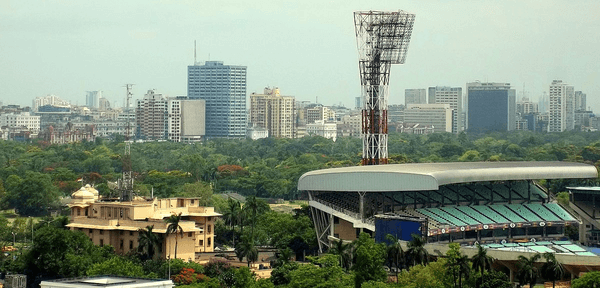SOIL is working to transform conditions in Haiti with both short-term projects that address critical needs and a long-term strategy to expand sanitation access through social business models.
SOIL's social business model around ecological sanitation (EcoSan) is a process in which nutrients from human wastes return to the soil rather than polluting fresh water resources.
Social business pilot EkoLakay is a container-based ecological sanitation solution. Container Based Sanitation is any end-to-end service that collects human waste hygienically from toilets built with sealable, removable containers and strives to ensure that the waste is safely treated, disposed of, and reused. CBS solutions represent an elegant and waterless solution to pit latrines and traditional sewerage systems.
Every household signed up for SOIL’s growing household toilet service, EkoLakay, is provided with an in-home toilet, toilet maintenance services, and weekly waste collection. Each month EkoLakay customers pay a small service fee, and with cost reductions and innovations, we believe that this service fee will ultimately fully cover the cost of providing EkoLakay.
- Waste Transformation: 100% of the waste from SOIL's toilets are collected and transported to to one of SOIL's waste treatment sites. Waste is transformed into rich, agricultural-grade compost through a carefuly monitored process that includes thorough lab testing. The composting process adheres to the World Health Organization’s standards for safe treatment of human waste, is affordable, relies on minimal water, and ultimately transforms wastes into valuable environmental resources.
- Agricultural Growth: SOIL produces an increasing quantity of Konpòs Lakay, SOIL’s EcoSan compost, each year. Producing affordable, organic compost that can be used to restore soil fertility helps farmers grow more food and improves the viability of reforestation efforts in Haiti. Healthier and more resilient soils are also less vulnerable to natural disasters because strong soils are less susceptible to drought and erosion. The use of compost for reforestation further stabilizes soils, helping to prevent catastrophic floods and mudslides. We believe that by helping farmers produce healthy, locally grown crops and working to create fertile and resilient soils across the country, Haiti can once again be a place of agricultural bounty
- Education and Outreach: SOIL is committed to sharing knowledge, because when more people are empowered through education, they can accelerate change. SOIL provides capacity-building seminars on ecological sanitation throughout Haiti. In one community, Shada, SOIL is directly providing public toilets to one of Haiti’s most vulnerable communities.
In addition to their household sanitation program, SOIL is spreading the word about EcoSan by providing commercial sanitation. Using traditional portable toilets retrofitted to use ecological sanitation technology, EkoMobil provides safe, dignified toilets and waste treatment services for community fairs, construction sites, and other events. These toilets help SOIL earn revenue while also demonstrating the desirability of EcoSan toilets to a larger market base in Haiti.
